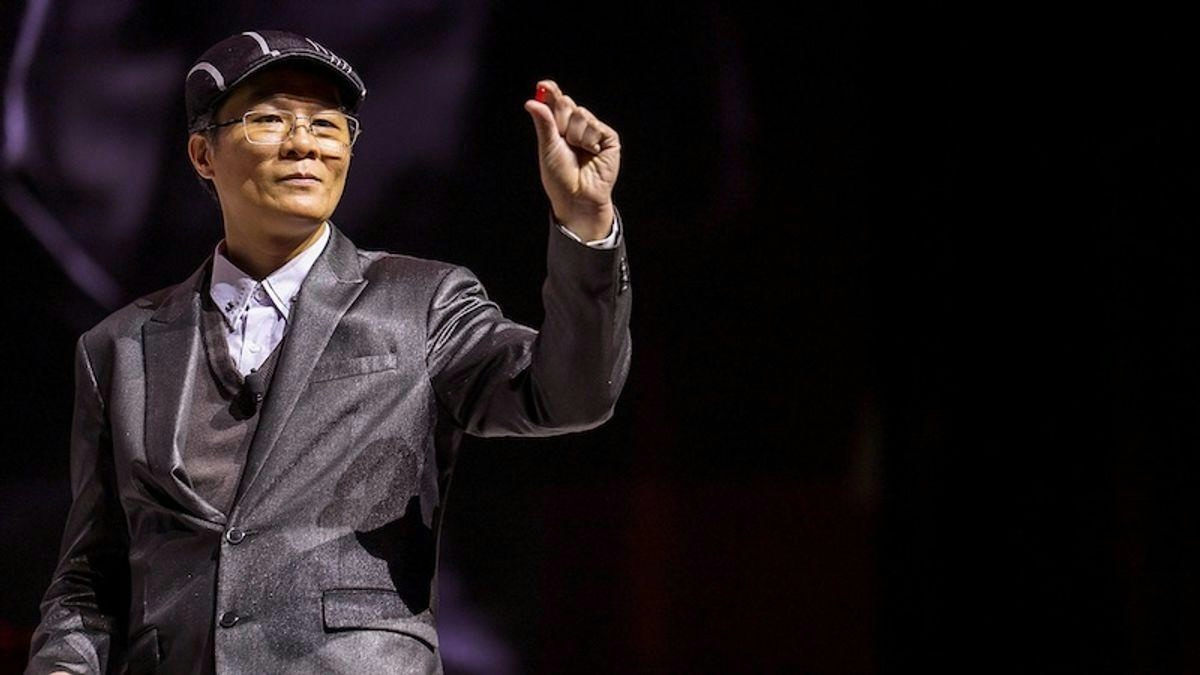AeroGenie — Tu copiloto inteligente.
Tendencias
Categories
PROS Chief AI Strategist Michael Wu Discusses AI in the Airline Industry

PROS Chief AI Strategist Michael Wu on the Expanding Role of AI in the Airline Industry
As artificial intelligence (AI) increasingly transforms various sectors, the travel industry is undergoing significant adaptation, with companies creating AI-specific roles and restructuring leadership teams to better integrate these technologies. While some organizations are only beginning to prioritize AI, PROS has been a pioneer in this space. Since 2018, Michael Wu has served as PROS’ chief AI strategist, collaborating closely with research and product teams to develop AI-driven solutions tailored for the airline industry.
Wu’s role encompasses a broad range of responsibilities. He works with the research team to enhance data transformation processes aimed at improving prediction accuracy, while also partnering with product teams to refine features. Additionally, Wu frequently represents PROS at conferences and leads workshops for clients. Internally, he coordinates across departments to identify opportunities for AI adoption and to streamline overlapping initiatives. Beyond his work at PROS, Wu maintains an academic presence, teaching at the University of California, Berkeley, and conducting research at École des Ponts Business School in Paris.
The Imperative for AI Leadership and Industry Implications
Wu emphasizes the necessity of dedicated AI leadership roles within companies, predicting that virtually every organization will appoint a chief AI strategist. These roles vary, with some focusing on research and others on internal or external applications, but all reflect the profound impact AI is having on the nature of work. Since Wu assumed his position, the AI landscape has evolved rapidly, particularly with the emergence of generative AI technologies such as ChatGPT. He notes that while generative AI has facilitated greater acceptance of AI’s importance, there remains a critical need to educate users on effective implementation.
In the airline industry, AI adoption presents both significant opportunities and challenges. Integrating AI into legacy systems continues to be a major hurdle, alongside concerns about data privacy, security, and the financial costs associated with implementation. Nevertheless, market responses to AI advancements have been largely positive. Companies investing heavily in AI, including Alibaba, have experienced increased investments and stock appreciation, reflecting strong confidence in the technology’s potential. This trend has spurred competitors like Amazon and Microsoft to accelerate their AI and cloud strategies to maintain a competitive edge.
Wu advises travel companies to embrace experimentation rather than succumb to risk aversion. He warns that reluctance to pilot new AI initiatives will only widen the gap between industry leaders and laggards.
Future Outlook
Looking ahead, Wu anticipates that AI’s influence on the airline industry will continue to deepen. Organizations that proactively invest in AI technologies and cultivate a culture of experimentation will be best positioned to seize emerging opportunities and effectively address the challenges that lie ahead.

Emirates Unveils Cabin Design for New Boeing 777X

Eighteen Years On, the Airbus A380 Remains Central to a $34 Billion Airline

How a boom in luxury airline seats is slowing down jet deliveries

Navitaire Outage Attributed to Planned Maintenance

DigiYatra Debuts Outside Aviation at India AI Impact Summit

Vietnam Orders Strengthen Boeing’s Commercial Outlook

Airbus Signals Uncertainty Over Future A400M Orders

JobsOhio Awards $2 Million Grant to Hartzell Propeller for Innovation Center

Collins Aerospace Tests Sidekick Autonomy Software on YFQ-42A for U.S. Air Force CCA Program

How the Airbus A350-1000 Compares to the Boeing 777
